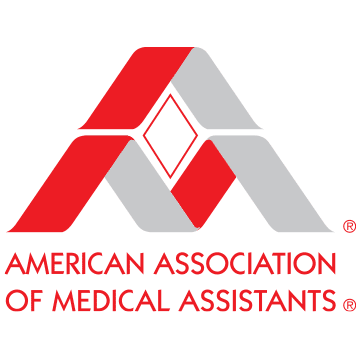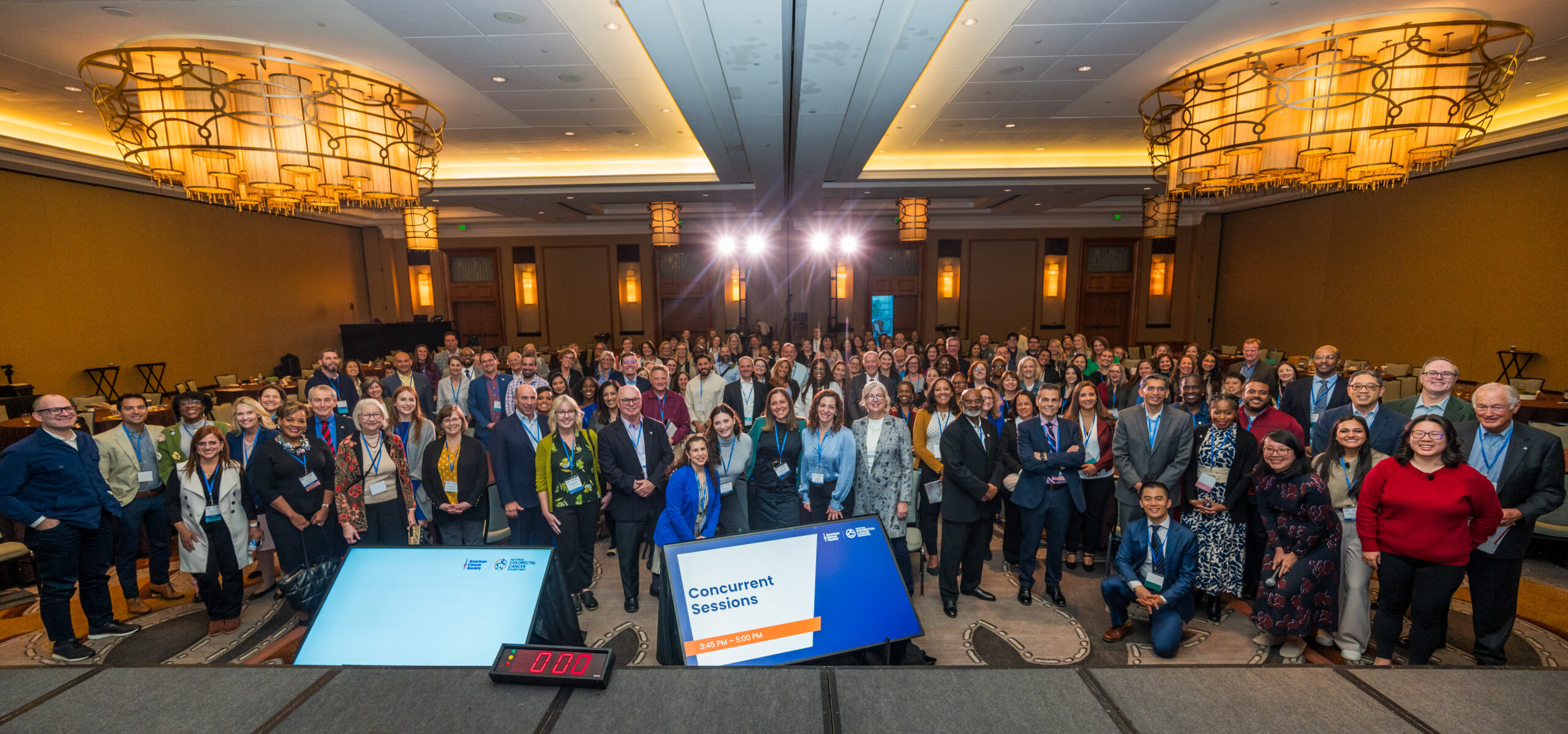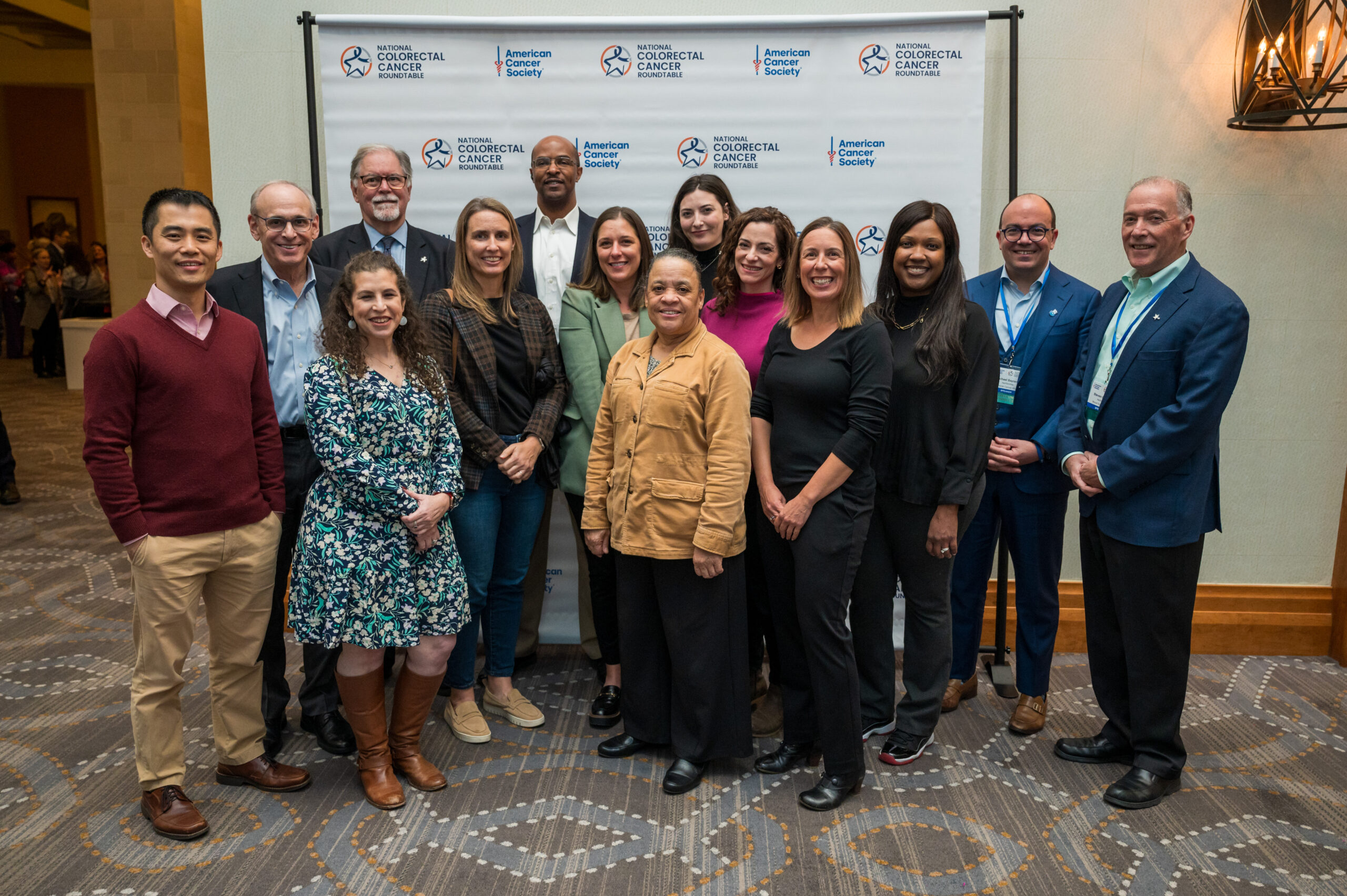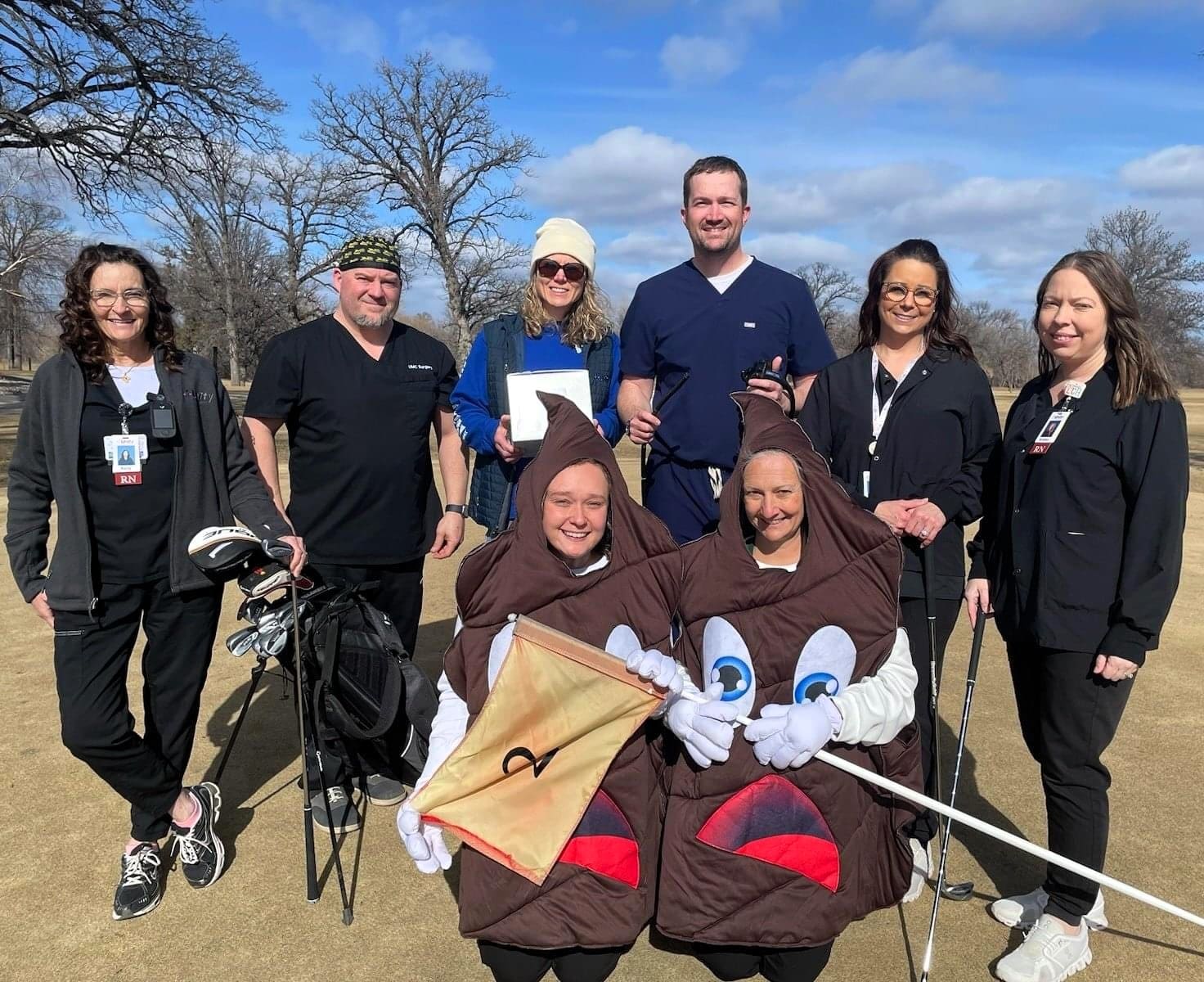Interview with the American Association of Medical Assistants—Recipient of the 2021 80% in Every Community National Achievement Award for Professional Associations

September 1, 2021 – Authors: Donald A. Balasa, JD, MBA and Nikki Hochschild, MBA
On March 1, the AAMA became the recipient of the 2021 80% in Every Community Awards, a program designed to recognize individuals and organizations who are dedicating their time, talent, and expertise to advancing needed initiatives that support the shared goal to achieve colorectal cancer screening rates of 80% and higher. Donald A. Balasa, JD, MBA, serves as the CEO and legal counsel of the American Association of Medical Assistants®. His areas of legal specialization include not-for-profit governance, professional credentialing and regulation, and antitrust principles applicable to certifying and accrediting bodies.
Donald A. Balasa, JD, MBA, serves as the CEO and legal counsel of the American Association of Medical Assistants®. His areas of legal specialization include not-for-profit governance, professional credentialing and regulation, and antitrust principles applicable to certifying and accrediting bodies.
Balasa served as chair of the National Commission for Certifying Agencies (NCCA) and as vice chair of the committee to update the Institute for Credential Excellence (I.C.E.) publication ICE 1100:2019—Standard for Assessment-Based Certificate Programs, which is an American National Standard. He was elected to the board of directors of the Commission on Accreditation of Allied Health Education Programs (CAAHEP) in 2018 and as president of CAAHEP in 2021.
Balasa received both his baccalaureate and law degrees from Northwestern University and his MBA in economics from the University of Chicago. He was awarded the Certified Association Executive (CAE) credential from the American Society of Association Executives. Balasa has taught a course on association management at the DePaul University Kellstadt Graduate School of Business and teaches constitutional law evening courses at Trinity International University. Nikki Hochschild, MBA, serves as the chief operating officer (COO) of the AAMA. Before her role as COO, Hochschild was the director of information technology and operations. She has played a key role in implementing the AAMA’s first ever e-commerce integrated website, improving operational efficiencies, and coordinating our partnerships with health care organizations like the NCCRT. Hochschild graduated with a Master of Business Administration from Northern Illinois University.Tell us a little bit about the AAMA.
Nikki Hochschild, MBA, serves as the chief operating officer (COO) of the AAMA. Before her role as COO, Hochschild was the director of information technology and operations. She has played a key role in implementing the AAMA’s first ever e-commerce integrated website, improving operational efficiencies, and coordinating our partnerships with health care organizations like the NCCRT. Hochschild graduated with a Master of Business Administration from Northern Illinois University.Tell us a little bit about the AAMA.
The American Association of Medical Assistants®, the only organization in the world devoted exclusively to the medical assisting profession, was established in 1956 and serves the interests of more than 92,000 medical assisting professionals. The American Association of Medical Assistants provides quality resources and educational opportunities for medical assistants by offering CMA (AAMA)® certification, advocacy for quality patient-centered health care, credential acknowledgment, and scope-of-practice protection.
When and why did AAMA decide to focus on informing and equipping medical assistants to educate patients about the importance of colorectal cancer screening?
The AAMA decided to focus on educating patients about the importance of colorectal cancer (CRC) screening because our leaders and members in certain parts of the United States were encountering a lot of patients with colorectal cancer who could have been helped by earlier detection. As important public health issues arise, the AAMA focuses on initiatives that impact our members in their professional and personal lives. For example, in addition to CRC screening, the AAMA has also played a prominent role in the efforts by the Centers for Disease Control and Prevention (CDC) to prevent fetal alcohol spectrum disorders (FASDs).
The focus also stemmed from the AAMA’s engagement as an NCCRT member starting in 2017. AAMA staff who attended NCCRT’s annual meetings in 2017, 2018, and 2019 were inspired by the energy and enthusiasm for reaching screening rates of 80%. They then shared the best practices and evidence-based strategies to increase CRC screening that they learned about at the meeting with their colleagues and the idea for a partnership with NCCRT was born.
What activities did you implement, and how did you choose them?
Throughout 2020, the AAMA implemented activities that best inform and equip medical assistants in educating patients about the importance of CRC screening and helping patients overcome barriers in the screening process. Those activities were established in support of the goal to achieve colorectal cancer screening rates of 80% and higher.
AAMA continuing education courses and articles from our bimonthly publication, CMA Today, were geared toward empowering medical assistants to be more effective advocates for CRC screening. This focus was amplified during National Colorectal Cancer Awareness Month in March and Medical Assistants Recognition Week October 19–23. Emily Butler Bell, NCCRT co-director, contributed an article on the importance of CRC screening, the critical role of medical assistants in delivery timely, quality CRC screening, and to highlight the AAMA and NCCRT’s collaboration to place a special focus on the opportunity to save more lives from this disease.
To broaden our CRC education outreach to medical assistants, the AAMA created social media posts about CRC courses and programs offered by the NCCRT and other reputable CRC screening providers. The AAMA posted on Facebook, Instagram, LinkedIn, and Twitter, which resulted in approximately 183,613 impressions.What success have you seen? How did you measure that success?
One of the centerpieces of the AAMA’s CRC education initiative was the new course entitled Medical Assistants’ Roles in Improving Colorectal Cancer Screening Rates: Getting to 80% by Durado Brooks, MD, MPH, former vice president of cancer control interventions of the American Cancer Society. This course was marketed by e-blasts and social media posts throughout the year, and the price of the course was discounted during National Colorectal Cancer Awareness Month and Medical Assistants Recognition Week. 3,964 individuals—including medical assistants and other health professionals—completed the course successfully and were awarded AAMA continuing education credit.
What tips would you offer to other professional organizations that would like to support and empower their members to focus on colorectal cancer screening?
Get your regional, state, and local affiliates involved, as well as educators in academic programs in your profession. The AAMA state societies and local chapters and academic programs “caught the vision” and created their own CRC educational events. This amplified the impact of the AAMA initiative in countless ways!
Our organization constantly shared informational messaging with medical assistants about the importance of CRC screening to empower them to communicate with patients. We went 100% virtual during the pandemic, which required us to rely heavily on digital sources, such as social media, websites, and online learning courses for disseminating information about CRC screening to medical assistants.
Do you have any final tips for our readers that are working to achieve 80% in Every Community?
The American Cancer Society and NCCRT staff have been instrumental in creating CRC screening resources. For those who are looking to achieve 80% in Every Community, I highly recommend you reach out to them as they are incredibly receptive to ideas you may have, and they have been so great to collaborate with.
Don’t underestimate the generosity and commitment of health professionals! We witnessed the bravery and sacrifices of health care heroes during the COVID-19 pandemic. The AAMA observed the same traits in our medical assistants throughout the United States as they strove to help patients overcome fears of CRC screening.[vc_widget_sidebar sidebar_id=”sidebar-1″][vc_tweetmeme][vc_facebook]
We Highlight Successes, Leaders, Best Practices, And Tools That Are Making An Impact In The Nationwide Movement To Reach 80% Screened For Colorectal Cancer.
Do you have a suggestion for a future blog topic? We welcome you to share your suggestions by emailing [email protected].
Blog Policy
Opinions expressed in these blog posts are that of the author and do not represent policies of the National Colorectal Cancer Roundtable or the author’s institution.
Our staff moderate all comments on the 80% Blog. While we do not censor based on point of view, we will delete or edit comments that are offensive or off topic. Click here to view full version.
© 2025 American Cancer Society National Colorectal Cancer Roundtable. All rights reserved.


